#mamiya
Text

2K notes
·
View notes
Text

Bowerbird. 2023. ph. Insley Smullen.
#insley smullen#photography#bw photography#analog#grain gurls#grain is good#braids#victorian#ilford#mamiya#kodak#portrait
814 notes
·
View notes
Photo
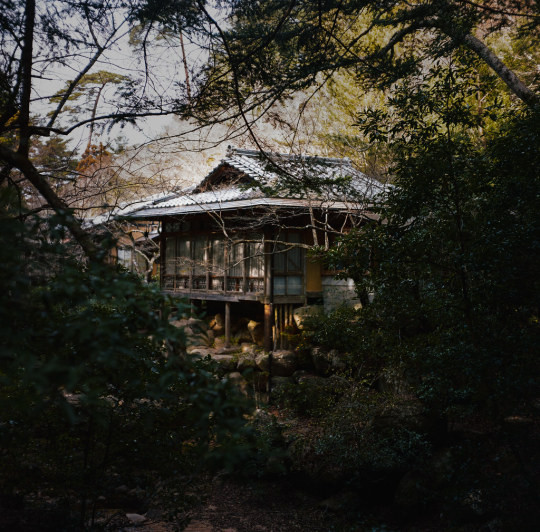
Itsukushima, Miyajima, Japan by _jaystevens
#kodak#kodakportra400#manual#mamiyac220#mediumformat#mamiya#tlr#twinlensreflex#itsukushima#miyajima#japan#landscape#lightmeter#light#color#colour#negative#vintagecamera#sekor80mmf28#flickr#thingsdavidlikes
266 notes
·
View notes
Photo



a walk along the shore of Giens
Mamiya M645 / Agfa Optima 200
#film photography#film camera#filmisnotdead#istillshootfilm#analog#analogue#france#cotedazur#Summertime#agfa optima 200#beachphotography#beachlife#mamiya#lensblr#artists on tumblr#original photographers#photoblog#Travel Photography
1K notes
·
View notes
Text

the light points the way | Mamiya RB67 | expired Provia 100F (cross-processed) | 2023
#daniloz#analog photography#nature#mamiya#mamiya sekor lens#mamiya rb67#medium format photography#medium format#120mm camera#120mm film#120 film#6x7#woods#forest#light leak#fujifilm#fuji provia 100f#expired film
260 notes
·
View notes
Text
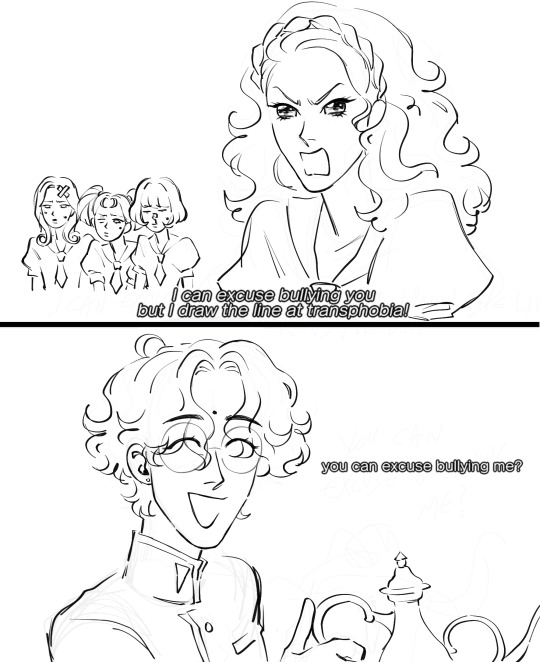
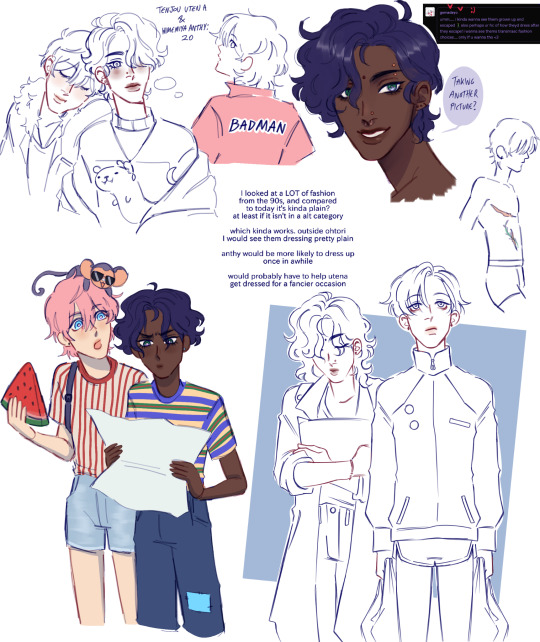
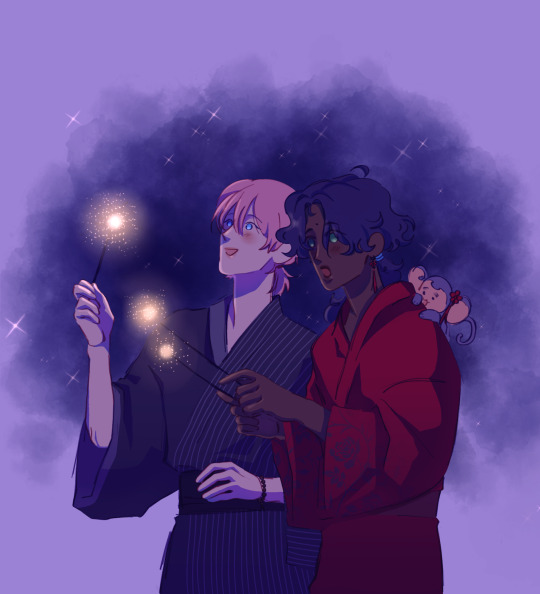
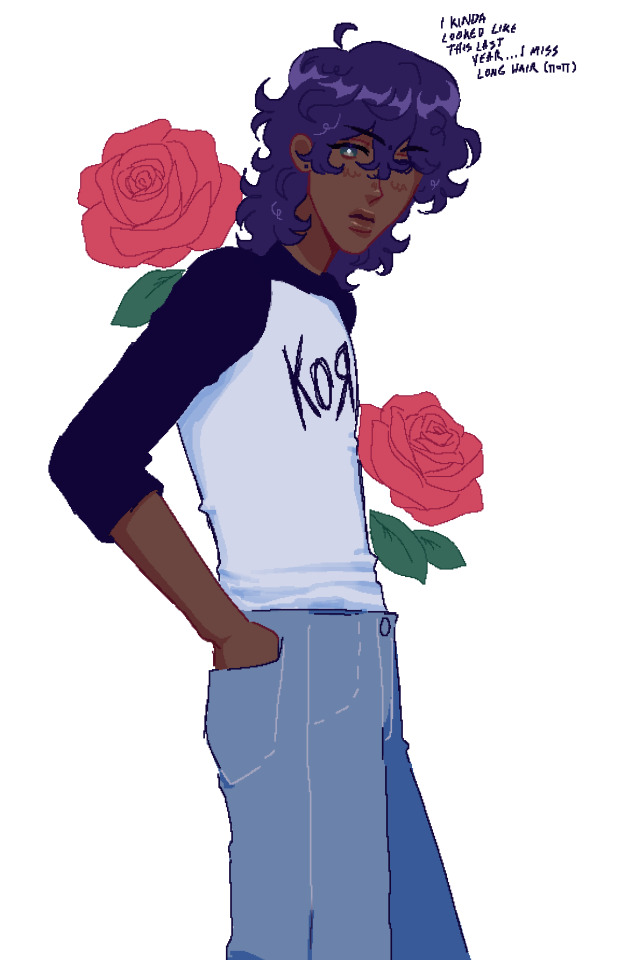
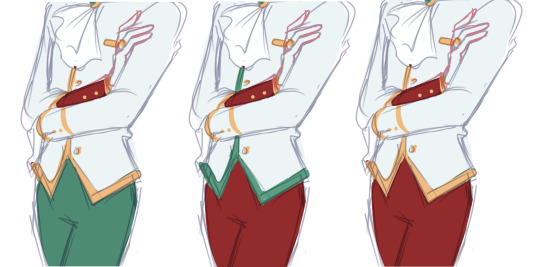
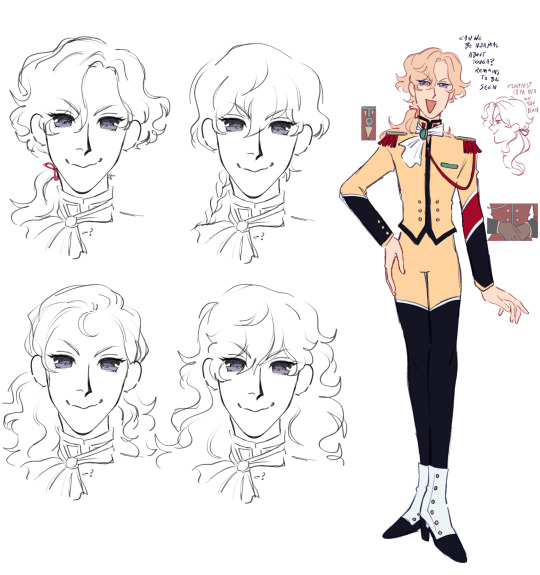
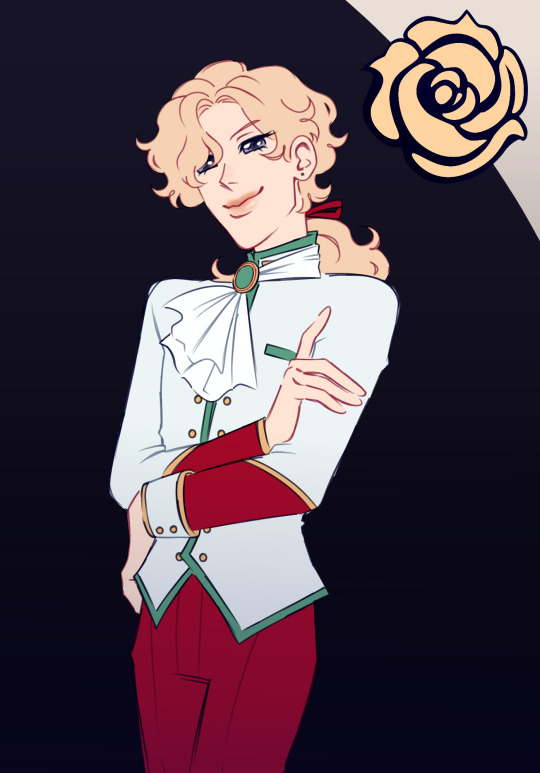

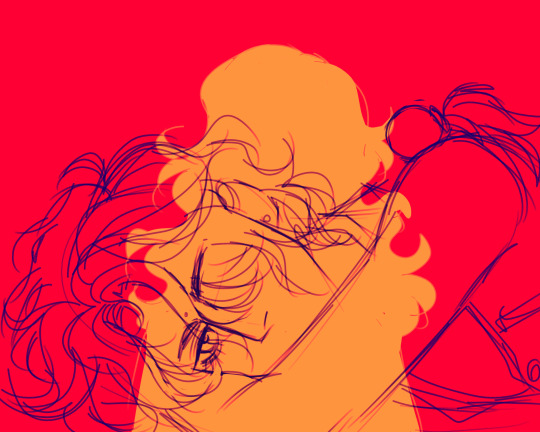
#more sponish#im fightinv fir my life rn#my art#artists on tumblr#rgu#anthy himemiya#utena tenjou#utenanthy#nanami kiryuu#souji mikage#mamiya#transmasc au#transfemme too technically
574 notes
·
View notes
Text
ok so. miki’s sunlit garden is the literal sunlit garden where he and kozue played piano together as children. it’s the defining version of this narrative device, and in a way, it’s the most straightforward. miki is leaving the garden and entering the world of teenagers. he is scared of growing up, and he misses the effortless, uncomplicated bond he shared with his sister when they were children, before being inculcated into a world of sexual power and abuse, before his parents divorced and his beautiful nuclear family was rent asunder by real-world complications. i genuinely think every 13-ish year old goes through this grief and a desire to hold onto the past, to remain in this perfect nostalgic bubble through which you view your childhood. it’s probably the most universal and identifiable instance of the motif of the sunlit garden.
then it gets more complicated. nanami’s sunlit garden is her memories of short-haired touga, of her big brother showing her his affection, making her feel special, worthy, and loved. but unlike miki, she doesn’t miss being a part of the ideal nuclear family. for one thing, both she and touga are adopted. of course, she doesn’t actually know that, but it nonetheless problematizes the bioessentialist logic upon which the nuclear family [abuse factory] structure is predicated. secondly, it’s clear that she was always the scapegoat to touga’s golden child. which is why it’s not that she loves her sibling as an extension of her childhood nostalgia, but that her entire value system fundamentally revolves around touga, because he was the only person in her formative years who ever showed her the slightest sliver of affection. and in all her memories of him, he has short hair (like dios, like miki), because subconsciously she doesn’t even want him to be her Prince, her patriarchal savior, she wanted him to be someone who loved her because she inherently deserves love. she does treat him like her prince in the present, but that’s only because it’s how her love for him must take form in ohtori. deep down, she doesn’t want a prince, a lover, or even a brother; she wants a friend who will love her for nothing. but she has no way of expressing that, not in a world that claims true friendship is for fools. so instead she values him for their biological ties, for his status as a kiryuu, for his patriarchal role as the eldest son in their perfect nuclear family. and she refuses to acknowledge how she demeans herself in the process of worshipping him, how she’ll drown herself and cook herself and cage herself, debase herself and dehumanize herself for his illusory love. and that is what the sunlit garden means to nanami.
as for saionji, the sunlit garden also constitutes his memories with touga, of a “before” that is much more definable in the sense that there is clearly a moment where it becomes “after.” one day they are riding their bike through the rain after kendo practice, and they decide to take shelter in a church. and saionji sees touga become someone he fears and also envies. someone who wields the power to project something eternal, to inspire, to save. and he exerts his power in a subtly violent way, by transgressing invisible boundaries. saionji cannot harness that power, so he attempts to exert it clumsily, through immediate, obvious, physical forms of violence. it never quite packs the same punch as touga’s manipulation, no matter how hard he tries. but what saionji really longs for is not to possess touga’s power, but to go back to the way things were before touga decided he wanted power. touga thinks true friendship is for fools, but like nanami, all saionji wants is to be touga’s true friend. and isn’t that just tragic?
of course, that’s not all saionji wants. but his desire is complicated by the fact that he clearly also resents the sexual acts he is being put through by touga, even if in other circumstances, it could be what he wanted. juri’s situation, her sunlit garden, is similar to saionji’s in this respect. all she wants is shiori, but she doesn’t want the shiori she is being presented with. she wants the shiori from an illusory idealized past in which they were true friends, before shiori betrayed her and revealed her ugly feelings in the process. like miki with kozue, nanami and saionji with touga, utena and anthy with dios, mikage with mamiya, juri is idealizing a version of the object of her affection who never really existed. shiori’s ugly feelings were always latent. unlike miki’s sunlit garden, nanami’s flashback to touga’s party and sea of photographs, or saionji’s memories of touga tenderly wrapping his hand, juri does not even have memories of shiori that are not defined by her betrayal. yes she has shiori reaching out, holding a rose, saying “believe in miracles and they will know your heart,” but it’s an obvious fiction. juri doesn’t know shiori at all, and the shiori juri knows is not the shiori she loves. the sunlit garden is always a garden of illusion.
utena’s sunlit garden, which opens many episodes, is perhaps the most obvious example of this fact. she completely rewrote her own formative memory to better suit the dominant patriarchal narratives she was forced to adopt all her life. and you can say that akio actively tampered with her memories, but functionally speaking, that’s the same thing. even more so than the others, her sunlit garden is a palimpsest; she idealizes a past and a prince that never actually existed. sure akio and anthy exist, but her “prince” is not either of them. the locus of her will to live, that eternal thing, is a fiction. but her desire to help others in need is genuine. and that is what differentiates utena’s sunlit garden first and foremost. it is not founded on a selfish desire to cling to a perfect past of illusion, but on the selfless desire to keep moving forward in hopes of a better future. they all want to hold onto something eternal, including utena in her desire to keep her parents with her, and all of those desires are perfectly understandable and eminently sympathetic, but utena is different because that day that akio showed her anthy’s suffering, utena’s desire shifted from a memory to a telos.
mikage’s sunlit garden thus becomes a cautionary tale to all the members of the student council who wish to live in a memory, perfectly suspended, pinned in place like a butterfly on display. just as a caterpillar must become a butterfly, a child must enter the world of adults. mamiya is beautiful because he has the luxury of dying young, of being immortalized on a carousel, of never losing his innocence. mikage is what happens to people who idealize eternity through escaping into nostalgia. the world keeps moving on without them, and they become ghosts, trapped in a past that no one can recall.
so what of akio? he uses people’s sunlit gardens against them, he manipulates time and memory, feeds off nostalgia and the grief of lost childhood. he cultivates his garden to resemble golden days, and as he invites you through his gates, ensnares you. so what does that mean, when his goal, too, is to achieve eternity? above all he wants to forge a sword that will break through the closed gates and reinstate his former glory. of anyone in ohtori, he is the one most deeply entrenched in his oh so cozy coffin. for all that he knows his promises to be illusory, he also clings to that logic, he also mourns dios. he longs for his golden days despite knowing that they’re untenable, despite being well aware of the toll it took on anthy. and even fully aware of the extent of his exploitation, of the fundamental illusion of eternity, he still attempts to attain it, he still instantiates himself in a cycle on the carousel, condemned to ghosthood, a butterfly pinned in place.
finally, we must look to the absent figure, the outlier. what, or rather who, is touga’s sunlit garden? the movie tells us it is utena, that he embodied the princely role in the truest sense and that this is his deepest aspiration. but i don’t know if that’s necessarily how i read him. anthy and touga are foils, two sides of the same coin. anthy doesn’t have a “sunlit garden” per se, because she has long given up on the idea of returning to a time when she loved dios, before the swords of hatred pierced her heart. but she has a literal sunlit garden, and her role is to tend the flowers in it and never leave. she has a literal coffin, guarded carefully in the chambers of her heart. anthy knows better than to cling to an idealized past, but still, she cannot find a way to move forward. so she gets stuck in a circular present, where both past and future are illusory concepts. it is not enough to simply know that the past is gone, one must also strive for a better future. it is why utena and anthy’s promise to drink tea and laugh together in ten years is just so powerful within ohtori’s timeless walls. i’d bet anything that touga also doesn’t have an idealized past. if, again, we use the movie to inform our understanding of him, he was always aware of the abuse that pervaded his world, he was never an innocent. but instead of desiring reform, like utena, of wanting to save those suffering, he wants to be the one inflicting that suffering as much as possible. to cope, he accepts his abuse as a necessary consequence of existence, and assumes that anyone capable of abusing him is simply more powerful, and thus deserves to exert their power over him, just as he deserves to exert his power over those less powerful than he is. so like anthy, he doesn’t have a sunlit garden, but he has a coffin, and a garden, and a carousel. and like anthy, he must choose for himself whether he wishes to remain a complicit victim, or to leave his cozy coffin and find a way to move forward. and that, only time can tell.
#analysis#manalysis#u#UMM. THIS POST WAS SUPPOSED TO BE ONE PARAGRAPH????? OOPS#it’s 2 am now. fuck#the sunlit garden#miki#nanami#touga#saionji#utena#anthy#akio#mikage#juri#shiori#mamiya#dios#this was just me rambling as a way to organize my thoughts#it’s incredibly stream of consciousness#i am in no way trying to make an argument here im just trying to like. parse my thoughts on the sunlit garden#(the land of illusion….. anyone else hongloumeng pilled.?)#long post
312 notes
·
View notes
Text


Tyler jumping from the boat / getting back on the boat near Praia da Piedade, shot on medium format ORWO NP20 expired in 1993. March 2023. 🚤
Self-developed in Rodinal.
twitter instagram
#analog photography#martt#analog#film photography#men in art#analogmartt#male beauty#medium format#Mamiya#Mamiya C330#orwo np20
622 notes
·
View notes
Text

Nu HK - Mamya RB67 Ilford PanF+
#eric cucchi#bw photography#photography#analog photography#analog#black and white#nu#mamiya#mamiya rb67#6x7#120 film#medium format#ilford
110 notes
·
View notes
Text


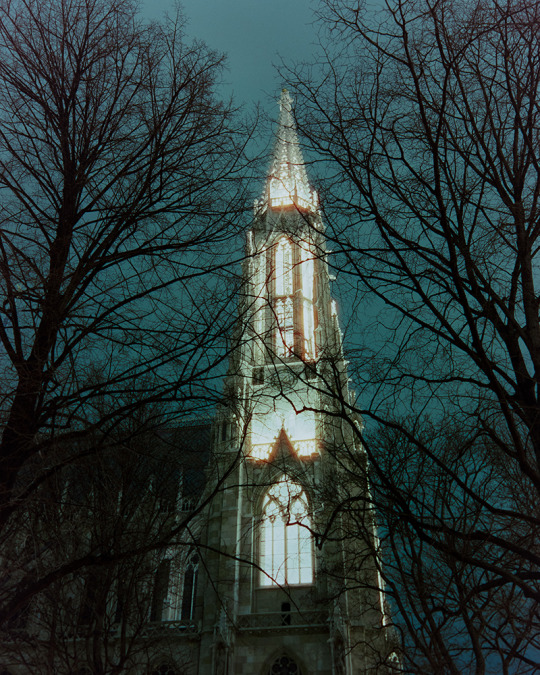
"Wiener Nächte - Votivkirche"
Vienna - 2024
Mamiya 7II - CineStill800T
#photographers on tumblr#film photography#analog#original photographers#colour photography#vienna#mamiya
129 notes
·
View notes
Text
Indie Games You Should be Playing from the Storyteller's Festival 2024
The Storyteller’s Festival is in full swing on Steam and there are a ton of amazing indie games, sales, and announcements from this year’s showcase. For those of you out of the loop, The Storyteller’s Festival is a digital event hosted by indie developer, Two and a Half Studios that spotlights a wide range of indie visual novels and narrative games!
The festival runs from January 29th to…

View On WordPress
#A Date with Death#Across the Grooves#Dreambound#game recommendations#Games#Indie Game#Love Spell Written in the Stars#MAMIYA#Obscura#Recommendations#Replay Boys#Solace State#The Storyteller&039;s Festival#Twofold#Visual Novel#WILL A Wonderful World
125 notes
·
View notes
Text

1K notes
·
View notes
Text

A mushroom rest-stop in Nysa, 2013
92 notes
·
View notes
Text
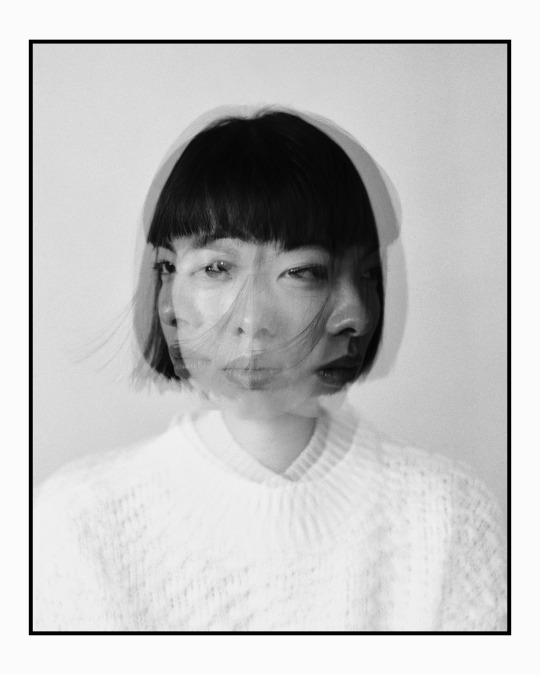
Triple vision
#makeportraits#nyc#120film#black photographers#analog photography#cinestillfilm#cinestill bwxx#medium format film#medium format#mamiya rz67#mamiyarb67#mamiya#120mm#double exposure#filmisnotdead#film photography#black and white photography#japan#japanese
116 notes
·
View notes
Text

Everywhere Somewhere. 2024. ph. Insley Smullen.
#2024 photography#portrait#black and white#bw#analog#point reyes#seashore#lagoon#mermaid#mamiya#ilford#rolleicord#medium format#insley smullen
91 notes
·
View notes
Text

accident | Mamiya RB67 | Kodak Gold 200 | 2023
#daniloz#analog photography#nature#flowers#double exposure#mamiya sekor lens#mamiya#mamiya rb67#6x7#120 film#120mm film#farm#tree#kodak#kodak gold 200#medium format photography
83 notes
·
View notes